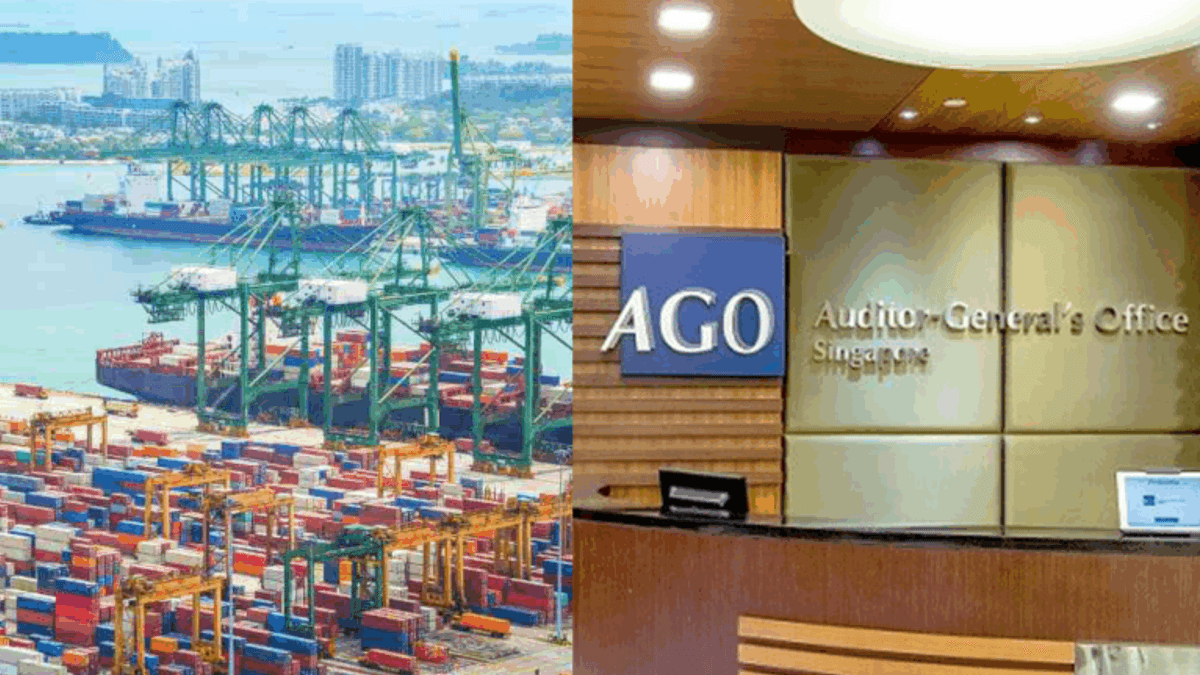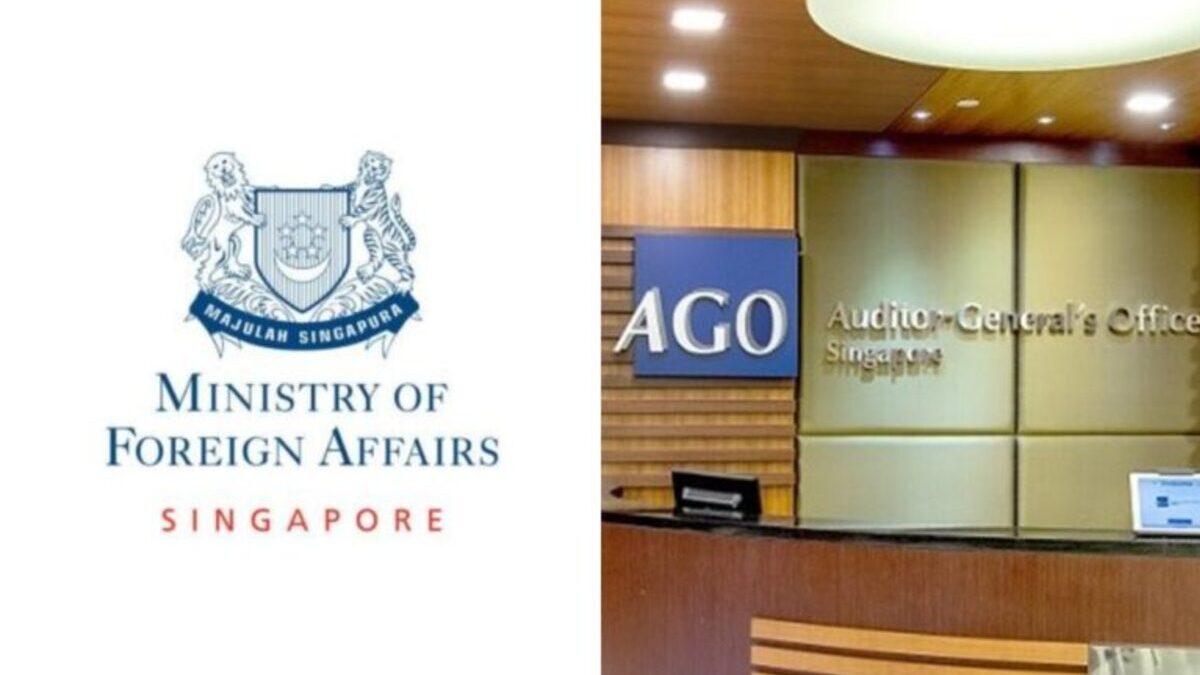AGO flags MPA for unlawful fee collection and procurement lapses totalling over S$115 million
The Maritime and Port Authority of Singapore (MPA) collected S$115.88 million in fees not prescribed under law and made tender scoring errors that may have inflated costs by S$2.43 million, according to the Auditor-General’s Office (AGO) report for FY2024/25. AGO also found lapses in payment verification and concession grants lacking legal basis.

- MPA unlawfully collected S$115.88 million in dumping and monitoring fees between 2020 and 2023.
- Port dues concessions worth S$0.70 million lacked a legal basis.
- Tender scoring errors may have cost S$2.43 million more than necessary.
The Maritime and Port Authority of Singapore (MPA) was found to have committed multiple lapses in procurement practices, revenue collection, and payment processes, according to the Auditor-General’s Office (AGO) Report for Financial Year 2024/25 released on 9 September 2025.
AGO’s findings covered issues including unlawful fee collection, concession grants not backed by legislation, tender evaluation errors that may have affected contract outcomes, and a lack of proper verification before payments were made.
Unlawful collection of S$115.88 million in fees
The AGO revealed that MPA, a statutory board under the Ministry of Transport, collected dumping and monitoring fees totalling S$115.88 million between 2020 and 2023.
However, these fees were not prescribed under existing laws, breaching Singapore’s legal requirements for public revenue collection.
In addition, port dues concessions worth S$0.70 million granted between January 2021 and March 2024 were also found to lack a legal basis.
The AGO stressed that all public moneys must be collected in accordance with the law, and any waiver or concession must be similarly authorised.
MPA has since acknowledged the oversight and said it is reviewing its internal controls to ensure compliance going forward.
Tender scoring errors may have caused S$2.43 million in extra costs
AGO test-checked five tenders awarded by MPA between January 2022 and March 2024, with a combined procurement value of S$104.86 million.
Among these, a tender for vessel management services contained two key errors in evaluation scoring.
MPA had applied the Price-Quality Method (PQM), which assigns weightages to both price and quality. However, one tenderer was wrongly awarded points based on certificates submitted by its subsidiary, not by the tendering entity itself.
This error may have resulted in the contract being awarded to a bidder whose offer was S$2.43 million higher than another eligible bid.
“If the points had not been awarded to the tenderer, another tenderer would have obtained the highest score,” the AGO stated.
MPA has since revised its evaluation procedures to ensure that group or subsidiary capabilities are considered only if explicitly declared within the tender documents.
Inadequate checks before authorising payments
AGO also found lapses in six operational service contracts where MPA made payments without verifying whether the services had been delivered according to contract terms.
Payments were approved without checking supporting evidence such as service logs, proof of delivery, or verification reports.
MPA later confirmed the services were rendered after retrospective checks, and has since strengthened its verification processes to ensure proof of delivery is obtained before payments are made.
Lack of robustness in procurement oversight
The AGO noted that MPA’s lapses were part of a broader trend among statutory boards where procurement and contract management controls were insufficient.
Despite formal procurement protocols, weaknesses in tender evaluation and payment verification can undermine transparency, fairness, and value for money, the report said.
MPA was one of several agencies highlighted, alongside the Economic Development Board and Public Utilities Board, for similar gaps.
Legal compliance and accountability at stake
Beyond individual errors, the AGO raised concerns about systemic weaknesses in MPA’s governance practices.
It emphasised that the collection of unauthorised fees and the granting of concessions without legal authority breached the Financial Procedure Act.
The report reiterated that public agencies must ensure all revenue and procurement activities are properly authorised and documented to maintain accountability and public trust.
MPA’s response and remediation efforts
In its response, MPA said it takes AGO’s findings seriously and has begun reviewing its internal frameworks.
The agency pledged to ensure that all revenue collection, fee concessions, procurement evaluations, and payment authorisations comply fully with legal and procedural standards.
It added that revised protocols will include stronger documentation and verification requirements, as well as training for officers involved in procurement and finance operations.
MPA also reaffirmed its commitment to upholding transparency, legality, and accountability in the management of public funds.











